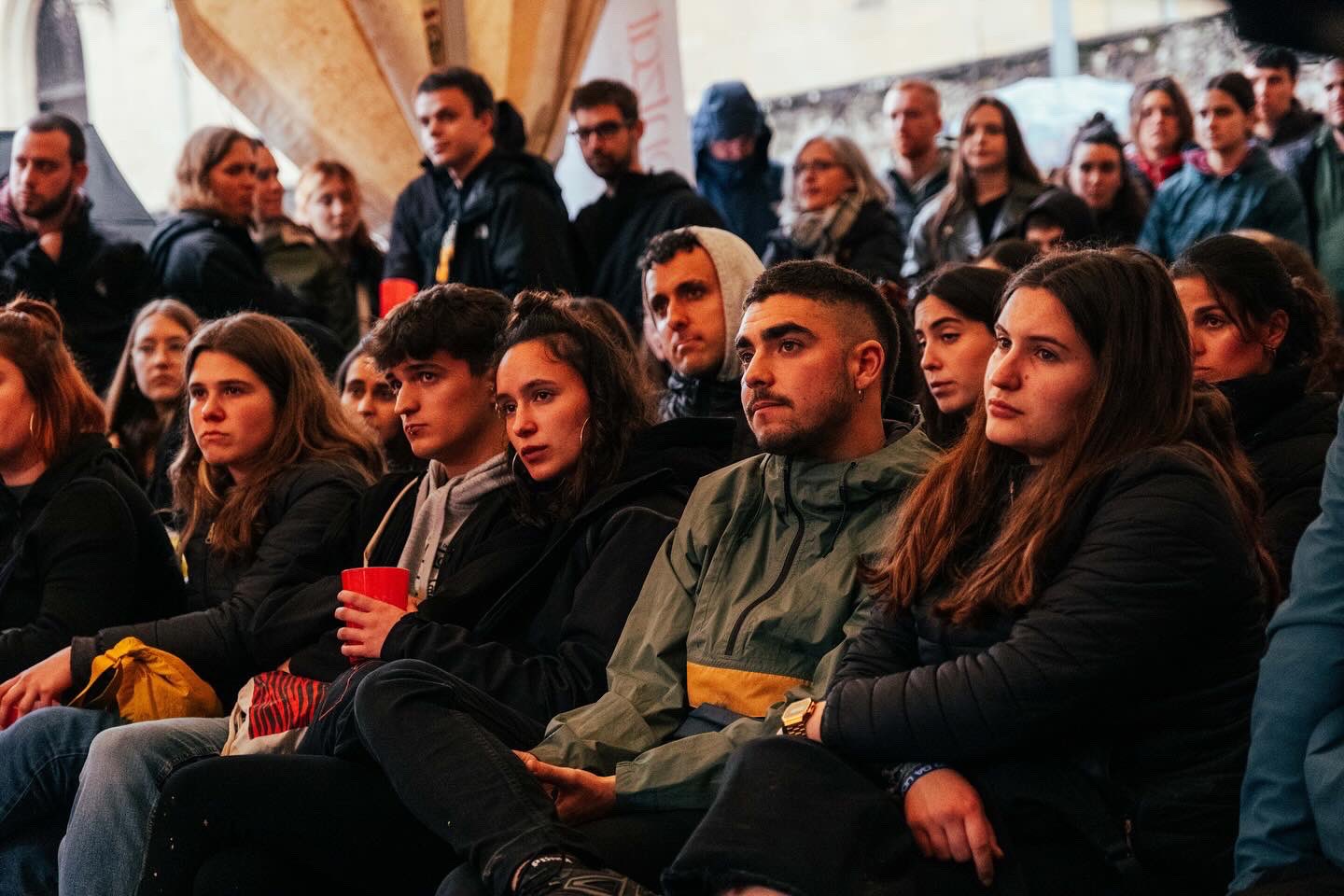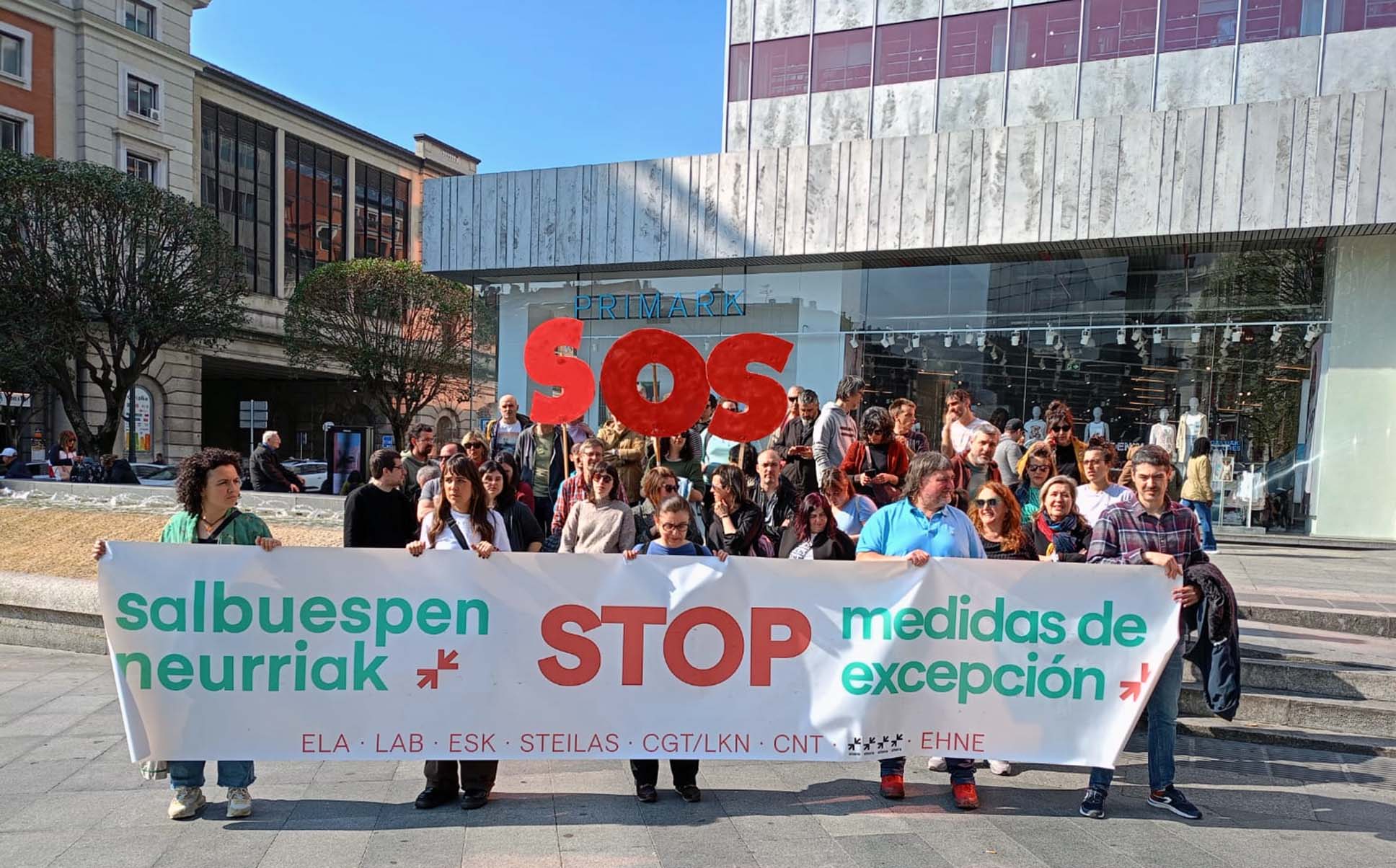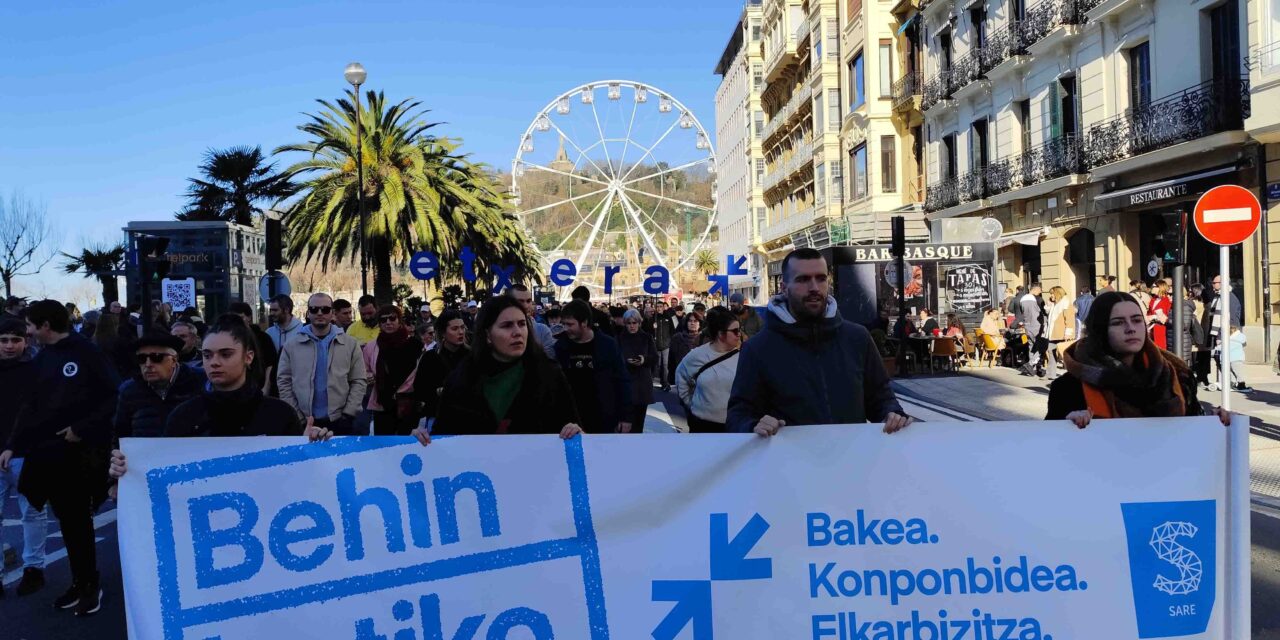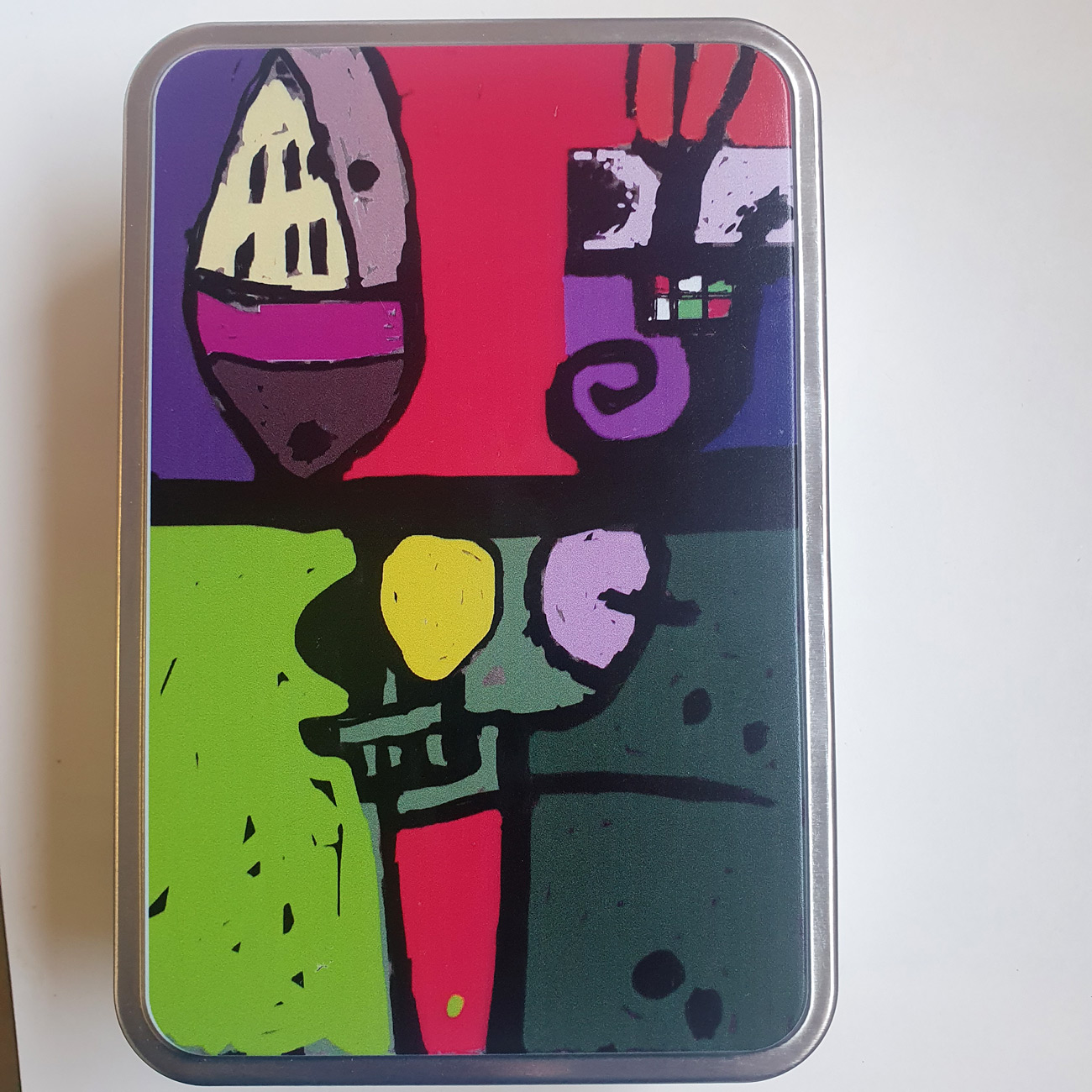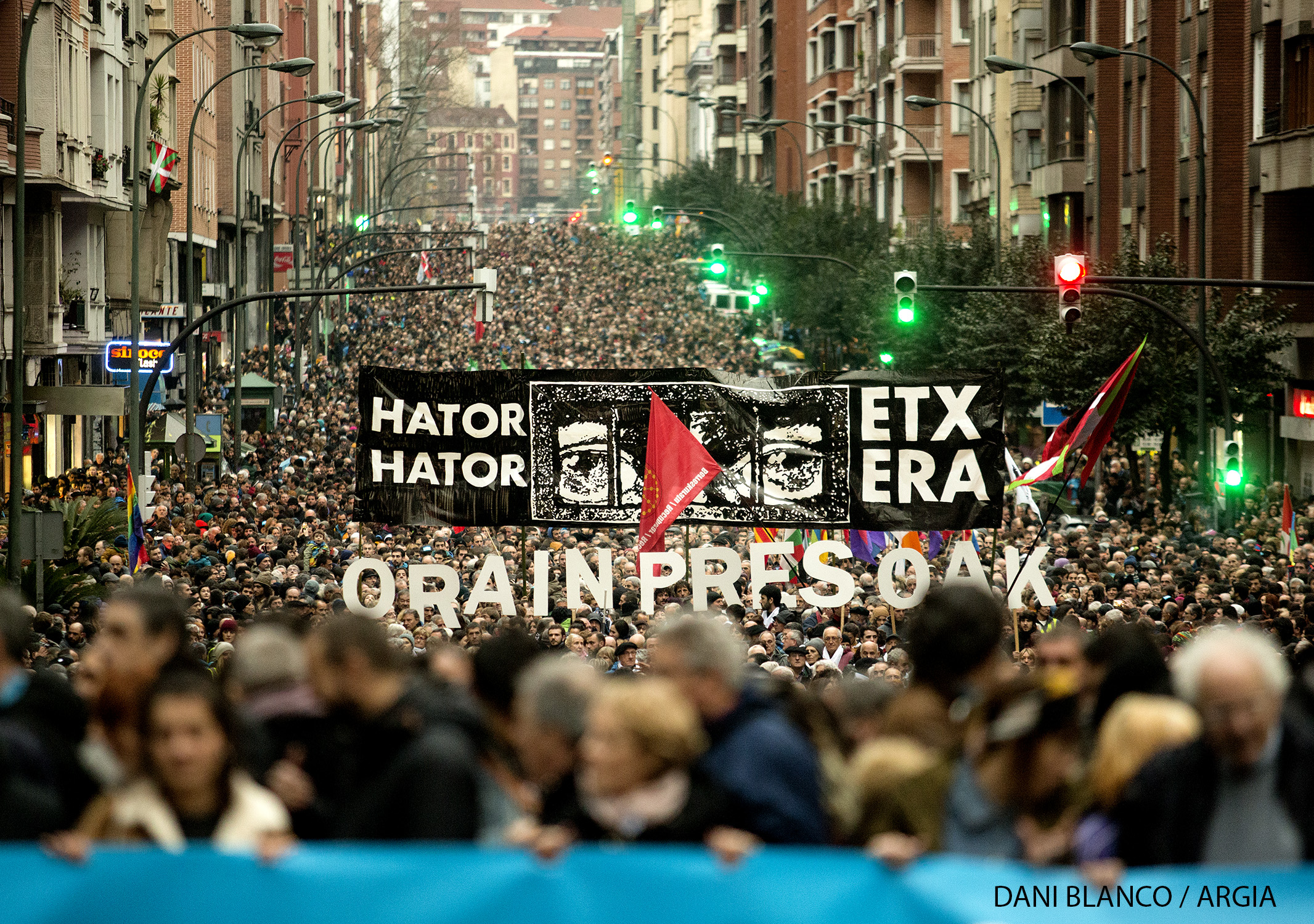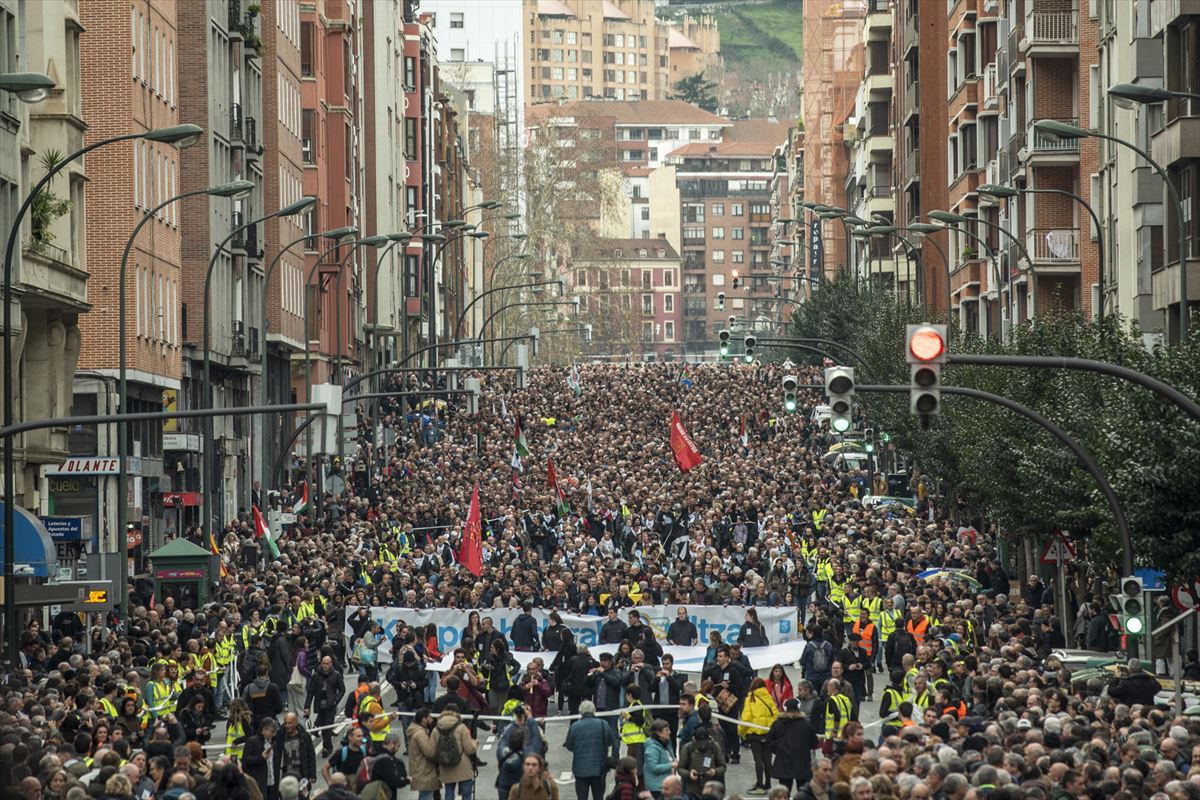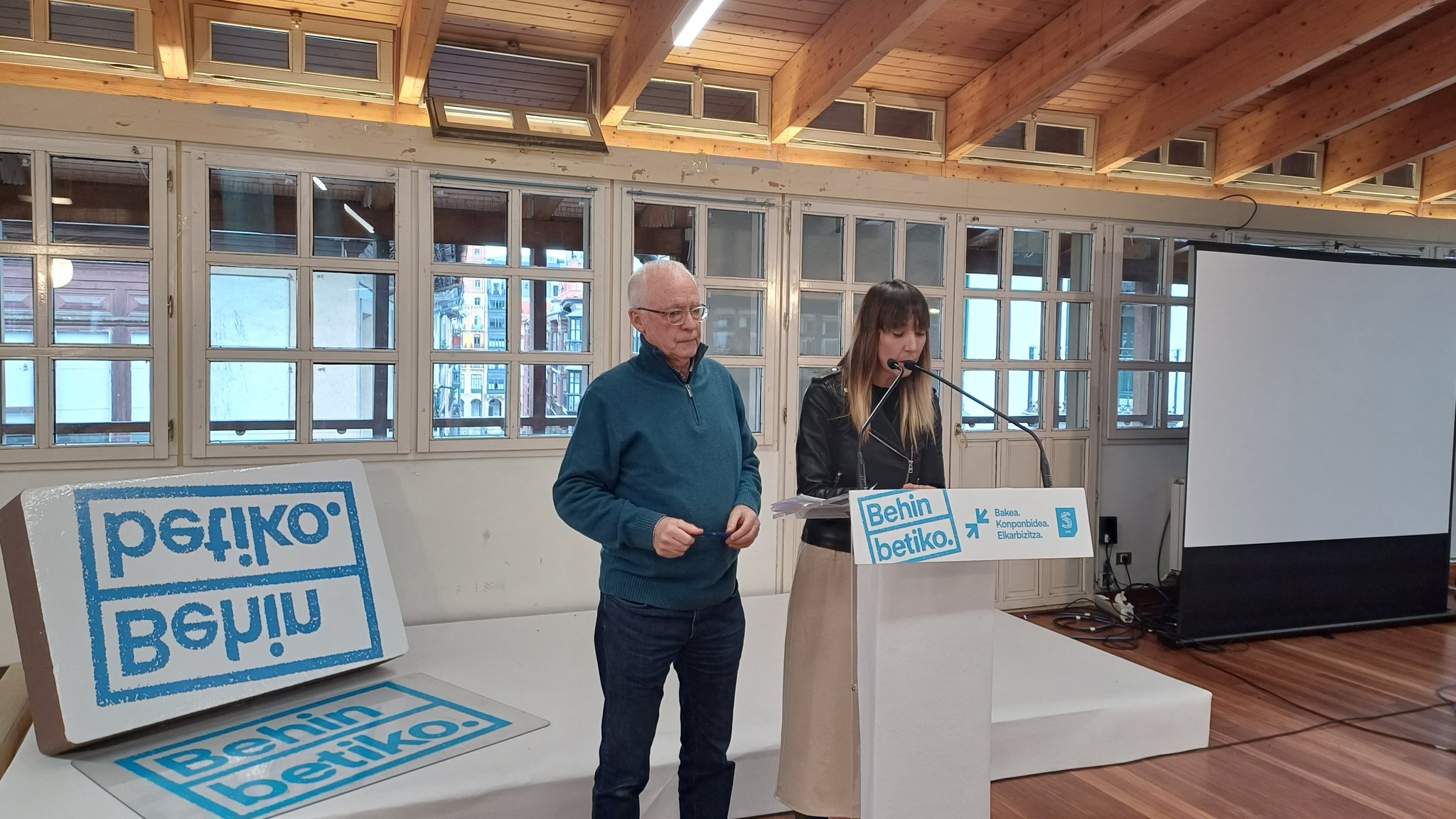Prosecutor asks 122 years in jail for Marixol Iparragirre
- He is being tried at the Spanish National Court on 8 and 9 July. The Basque political prey will have to declare eleven other cases.

Between 8 and 9 July, Marixol Iparragirre is being tried in the Spanish National Court for an injury offence. This is the first time that the Basque political prisoner in Eskoriatza has been tried in the Spanish State. From 2004 to September last year he has been held in the French State in Reau prison, accused of belonging to ETA’s leadership. After serving the sentence imposed, however, he was deported to the Spanish State and has since remained in Brieva prison for the last ten months. In the Spanish State there are twelve open causes against him. According to his defence of the Berria newspaper, the court has twelve trials in total, the first took place on Wednesday and the second, this Thursday, in New York.
In this first trial, the Prosecutor’s Office accuses him of having killed a commander of the Spanish Army. The attack took place on 22 December 1995 in the village of León. The Prosecutor's Office calls for Iparragirre 122 years in prison, 30 years in prison for murder, and another 80 years in prison for attempted murder, 20 years in prison for each of the seriously injured in the aggression, in total four. They are calling for another twelve years for possession of explosives and for crimes of possession and deposition of explosives.
According to Iparragirre’s lawyer, it is unknown when the judgment will be made public in the Spanish National Court, although the dates of the two trials that will open up among other eleven cases are already known. One will be in October and the other will be in January next year. The defence has stated that in these twelve cases there are the facts that have been attributed to Iparragirre throughout his career: the Araba command, the Madrid command, the responsibilities of the military apparatus, etc.
Since his extradition to Spain, he has not been formally imprisoned in the first instance, since no judgment has yet been delivered against him. However, it remains locked in the isolation module. The platform for the release of Iparragirre showed last Friday that he was imprisoned "in inhuman conditions". According to the statement of the platform, “several personalities from the Upper Region, Euskal Herria and the world have signed the demand for the liberation of Iparragirre.
The proponents of the initiative complain that the defense "has had little time" to prepare the trial, according to González. According to the defense, they were initially sent the call for trial between 20 and 21 June, eight days earlier. They were subsequently informed that it would be held on 16 June, 8 July and 9 July.
In recent decades, Iparragirre has been one of the main voices of the Basque Political Prisoners Group (EPPK) in its fight against dispersion. He started military at ETA in the 1970s and fled in 1981. Since then he lived in Saschi until he was arrested in October 2004 in the Occitana town of Salies, in a district of the capital. Mikel Albisu was imprisoned with his sentimental partner in Reau prison in Madrid. Albisu left prison in January last year, after serving his sentence.
“Saihestu egingo dira giza eskubideen, ordenamendu juridikoaren eta espetxeetako tratamendu psikosozialaren aurkako balioak eta jarrerak babestea, justifikatzea eta goratzea ekar dezaketen adierazpenak”, dio, besteak beste, agiriak. Azaroan Eusko Jaurlaritzako... [+]
Asteazken eguerdian berreskuratu du askatasuna astigartarrak, zigorra osorik beteta. Espainiako Auzitegi Nazionalak otsailean inputatu zuen ETAren zuzendaritzako ustezko beste lau kiderekin batera, Gregorio Ordoñezen hilketa leporatuta.
Martxoaren 13an lau urte bete dira Fran Balda arbizuarra istripuz hil zela. Preso, iheslari eta deportatuen etxeratzearen alde egin zuen lan, eta haren bost kidek idatzi diote gutun hau.
Frantziako Poliziak 2002an atxilotu zuen zumarragarra, eta 30 urteko zigorra betetzen ari da. Sare Herritarrak mobilizazioa deitu du datorren ostiralerako, Urretxuko Potros Plazan.
Iratxeren Bidasoaldeko Lagunak ekimenak deituta, dozenaka lagun kalera atera ziren atzo Iratxe Sorzabal preso politiko irundarraren absoluzioa eskatzeko eta behingoz etxera ekartzeko, torturak salatzeaz gain.
Sare Herritarrak antolatuta, pasa den urtarrilaren 11n Bilboko kaleak bete zituen manifestazio jendetsuaren ondoren, berriz sortu da eztabaida, euskal presoei salbuespen legeriarik aplikatzen ote zaion. Gure iritzia azaltzen saiatuko gara.
Espetxe politikan aldaketa nabarmena... [+]
Just as we experienced the flourishing of the Basque Country with the help of the artists, so that this time, taking advantage of their impulses, we continue to make our way together giving the necessary support to the Basque political prisoners, exiles and deportees
The... [+]
Jar gaitezen 2025erako proposamen politiko gisa, Espainiako Auzitegi Kolonialaren (AN) epai guztiak berrikusten hasteko eta makila bakoitzak bere belari eusteko.
Unionismoarekin lerrokatutako alderdi, sindikatu eta gizarte-erakunde gehienek, eta ez bakarrik horrela... [+]
Next Saturday, 11 January, the Sare citizens' network called for a new demonstration in Bilbao in defence of the rights of Basque prisoners. This is a unique opportunity to move forward on the path of coexistence in our people, after decades of violent confrontation and, even... [+]








